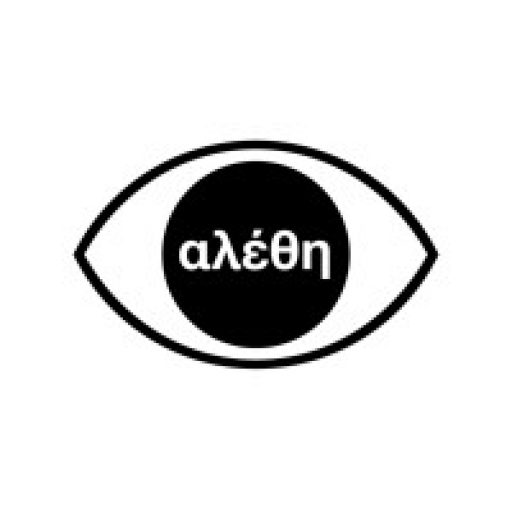I first came across this idea in Bernard Lietaer’s The Future of Money. In it Lietaer — one of the architects of the euro — describes how, in ancient Mesopotamia, the temple distributed clay tokens that entitled the bearer to a certain amount of barley. Some writers — beginning with Herodotus — have linked these […]
money
The matrix of “money”
Imagine a simple scenario. Producer A meets Person B, who offers an item called “money” in exchange for A’s bread. At first glance, everything seems fair and straightforward. The item works as a medium of exchange, facilitating the trade between A and B. For simplicity, let’s define money this way, as most economists do: an […]
The proof-of-work fallacy
If your friend shows you a medal and says that it proves he’s run a marathon, you might not totally believe him. Yeah, your friend is fit and the medal looks legit; however, this piece of metal does not actually prove that he’s run the 26.2 miles. This scepticism may seem like semantic hair-splitting, but […]
The Platonic case for Bitcoin
The basic idea of digital money is that digits can represent economic value. This value can be transferred by means of an accounting ledger. For example, ledger A might include: Alice = 0001, Bob = 0000 … Alice = 0000, Bob = 0001 Here, 1 unit of value has been transferred from Alice to Bob. […]
Bitcoin and academia
Paul Krugman once said to Bernard Lietaer, a monetary theorist and one of the architects of the euro, that he should ‘never touch the money system’ because he would kill himself academically. This statement is akin to ‘never question God’ in the academic environment of the middle ages. Indeed, Bitcoin is relevant to academia because […]
Really, what is money?
Apparently, it is illegal to destroy a bank note. I didn’t know that when I and a friend ripped two 50€ notes and threw them into the sea. I was just testing that I could do it, because otherwise — I thought to myself — there is a chance that I am psychologically enslaved to money, and I really […]
